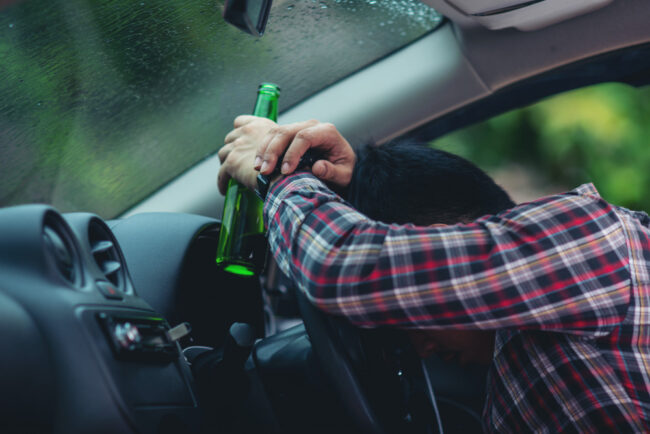Driving under the influence (DUI) or driving while intoxicated (DWI) is a serious offense in Texas, with the state enacting stringent laws and severe penalties to deter such behavior. However, DUI accidents still occur, often leaving victims with significant injuries, damages, and a host of legal questions. Understanding how Texas DUI laws impact liability in car accident cases is critical for anyone affected by such an unfortunate incident. The Baytown car accident attorneys share the nuances of Texas laws regarding DUI and liability, and the legal recourse available to those harmed by intoxicated drivers.
Contents
Texas DUI/DWI Laws Overview
In Texas, a driver is legally intoxicated if they have a blood alcohol concentration (BAC) of 0.08 percent or higher. For commercial drivers, the limit is lower at 0.04 percent, and for drivers under 21, any detectable amount of alcohol can lead to DUI charges. Penalties for DUI offenses in Texas may include fines, jail time, driver’s license suspension, and mandatory installation of an ignition interlock device. The severity of the penalties typically increases with subsequent offenses or if the incident involved an accident causing injury or death.
Liability for DUI Accidents
Criminal vs. Civil Liability
A DUI charge is a criminal matter, and the state prosecutes the offender to impose penalties as prescribed by law. However, victims of DUI accidents also have the right to pursue civil action to recover damages from the at-fault driver. Civil claims are separate from criminal proceedings, and a driver can be held financially liable for injuries and damages they caused while driving under the influence, regardless of the outcome of the criminal case.
Establishing Liability
In a civil lawsuit, establishing liability involves proving that the other driver was negligent. In DUI cases, proving negligence can be more straightforward if the driver was arrested for DUI since violating a traffic law, such as driving while intoxicated, can be considered as negligence per se. This means that the legal violation can automatically satisfy the negligence standard required to establish liability in a civil claim.
Dram Shop Laws
Texas has a “dram shop” law, which may impose liability on bars, restaurants, or liquor stores that serve alcohol to an obviously intoxicated customer who then goes on to cause a DUI accident. The Texas Alcoholic Beverage Code allows victims to hold a commercial provider of alcohol liable under certain circumstances. However, claimants must show that the alcohol was provided to a person who was visibly intoxicated to the extent that they presented a clear danger to themselves and others.
Modified Comparative Fault
Texas follows a modified comparative fault system, allowing for the apportionment of fault to all parties involved in an accident. If a DUI victim was themselves partially at fault (e.g., speeding or texting while driving), their compensation could be reduced in proportion to their percentage of fault as long as it is less than 51 percent. If they are found to be 51 percent or more at fault, they cannot recover any damages.
Compensation for DUI Accident Victims
Victims of DUI accidents in Texas are entitled to seek compensatory damages for their injuries and losses. These can include:
- Medical Expenses: Costs for treatment, rehabilitation, long-term care, and future medical needs.
- Lost Wages: Compensation for income lost due to time off work and lost earning capacity.
- Property Damage: Costs for repairing or replacing a damaged vehicle and other personal property.
- Pain and Suffering: Compensation for physical pain, emotional distress, and reduced quality of life.
In certain DUI accident cases, courts might award punitive damages. These damages are not meant to compensate the victim but rather to punish the defendant for gross negligence or willful misconduct and to deter similar behavior in the future.
Legal Action for DUI Accident Victims
If you have been injured in a DUI car accident, it is advisable to:
- Seek immediate medical attention for your injuries.
- Document all evidence related to the accident and your injuries.
- Consult with an experienced personal injury attorney who can guide you through the legal process.
A skilled attorney will understand the interplay between criminal DUI charges and civil liability and can help ensure that your rights are protected. They can navigate the court system and insurance claim process, helping to secure the compensation you deserve for your injuries and losses.
DUI accidents are an avoidable tragedy that can bring considerable harm to the lives of innocent people. Texas law allows for victims of such accidents to seek justice and compensation for their suffering due to the reckless behavior of intoxicated drivers. The path to healing and recovery often begins with understanding your rights and pursuing legal action against those at fault.




